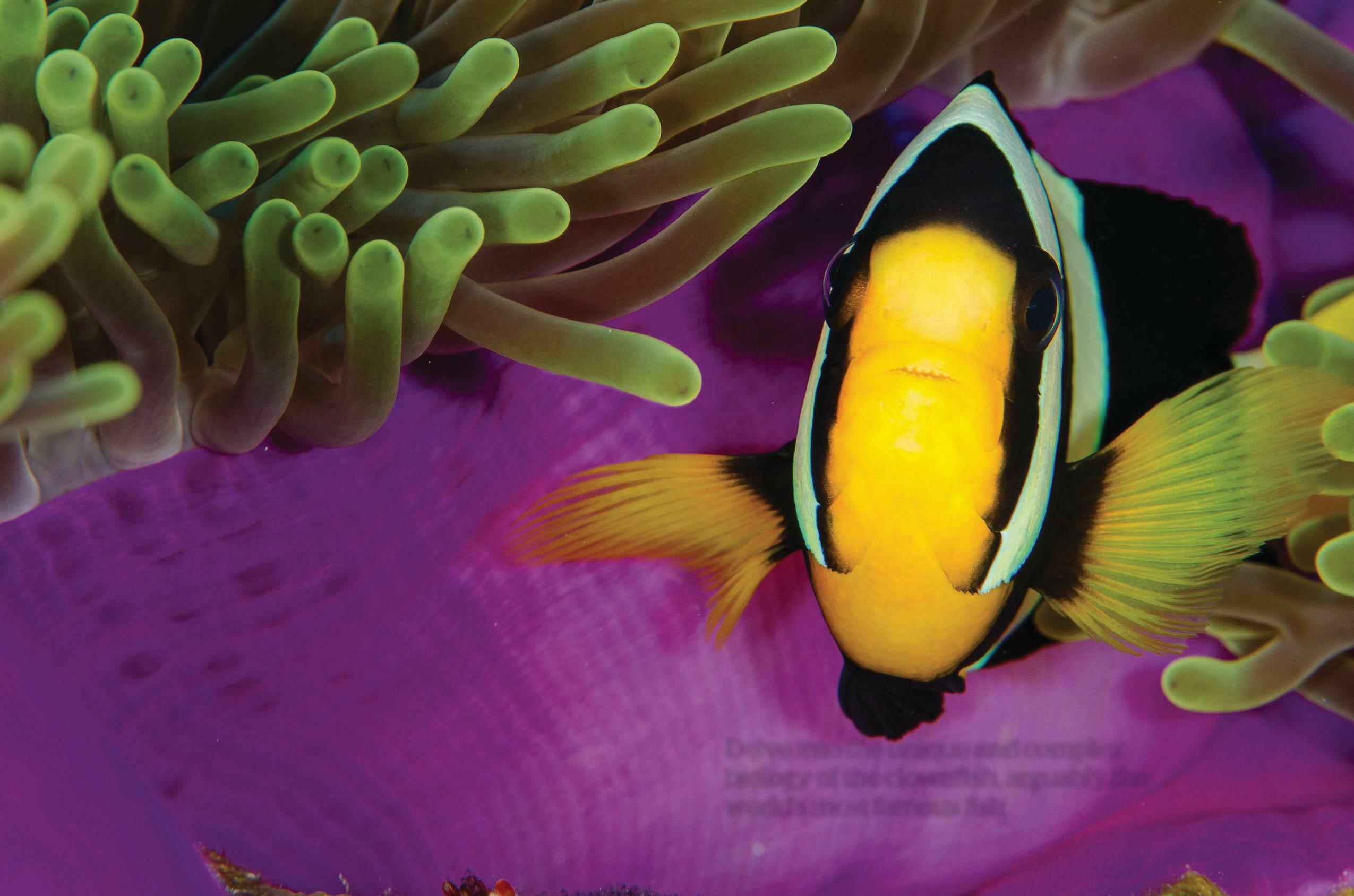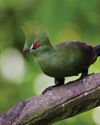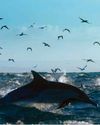
As the curtain of bubbles lifts, I find myself in the middle of coordinated chaos, as if I am standing still amidst rush hour at Waterloo Station. Yet instead of angry commuters cursing at my indecisiveness, I am met by flashes of cobalt, crimson, fuchsia, lime green… all streaming past in a three-dimensional fish ballet. The assortment of shapes and patterns is equally bewildering; these creatures seem to be plucked straight out of a child’s picture book.
Straddling the equator, the Maldives archipelago consists of more than 1,000 islands ranging from Malé, the densely populated island capital, to tiny sandbars that are drowned at high tide. Born of volcanic eruptions that have long ceased and settled as 26 atolls, the Maldives is the epitome of paradise, with flour-soft sand, aquamarine waters and palm trees whispering in the breeze. But its true magic lies hidden under the water’s surface, where gardens of coral are home to a multitude of jaw-droppingly vibrant and beautiful species.
I’m here to discover this underwater realm. Rey Gelera, resident marine biologist on Anantara Kihavah, guides me over the reef. As we dive deeper, he points out a small group of familiar, tangerine-hued fish decorated with white vertical bands. They are, of course, clownfish, immortalised in the movie Finding Nemo, which tells the story of a male ocellaris clownfish (Amphiprion ocellaris) who has lost his partner to a barracuda, and his son, Nemo, to the aquarium trade.
Bu hikaye BBC Wildlife dergisinin June 2024 sayısından alınmıştır.
Start your 7-day Magzter GOLD free trial to access thousands of curated premium stories, and 9,000+ magazines and newspapers.
Already a subscriber ? Giriş Yap
Bu hikaye BBC Wildlife dergisinin June 2024 sayısından alınmıştır.
Start your 7-day Magzter GOLD free trial to access thousands of curated premium stories, and 9,000+ magazines and newspapers.
Already a subscriber? Giriş Yap

WALKING WITH PENGUINS
Mourning her late husband, photographer Ursula Clare Franklin needed a new direction. Soon she was travelling the world, on a quest to photograph her favourite animal, the penguin all 18 species of them

"Satellites and space tech play a huge role in protecting the natural world"
Far above our heads, space technology is supporting conservation in exciting and vital ways

FOREVER YOUNG
The prehistoric-looking insect that never grows up

BIRDS THAT BREAK THE RULES
Discover the extraordinary birds that defy nature's norms

FEMALE OF THE SPECIES
Vampire bats make for blood-spewing besties

Onagers gallop back to Saudi Arabia
Rare subspecies fills the desert niche left by its extinct relative

Front lines for nature
Inside the ambitious UK project rallying local communities to fight for wildlife

"Europe seems hellbent on creating the most hostile environment for bears possible"
WE EUROPEANS ARE INCAPABLE of living alongside predators.

Airborne lifts off on Sky Nature
ACROSS THE PLANET, ANIMALS HAVE conquered the skies in ways we can only dream of.

CROSS COUNTRY
Translocating elephants is no mean feat-but it's helping this iconic mammal to reclaim its historic lands